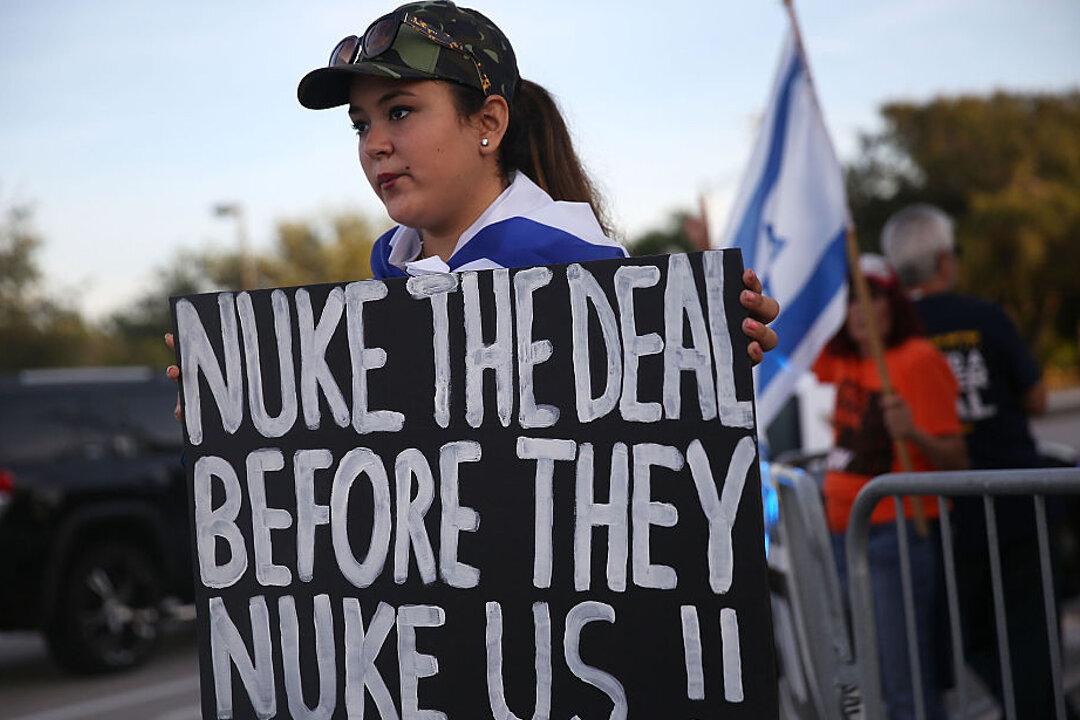France, Germany, and the UK announced they have triggered a formal dispute resolution process in response to Iranian violations of the 2015 nuclear deal, according to statements released by European diplomats on Jan. 14.
Josep Borrell Fontelles, the European Union’s representative for foreign affairs, wrote that he received a letter from Germany, France, and the United Kingdom to “[trigger] a dispute mechanism” of the agreement with Iran, known as the Joint Comprehensive Plan of Action (JCPOA). They “will now oversee the process which requires intensive efforts [and] approach in good faith by all,” he said, adding that it’s “more important than ever” to preserve the accord.





